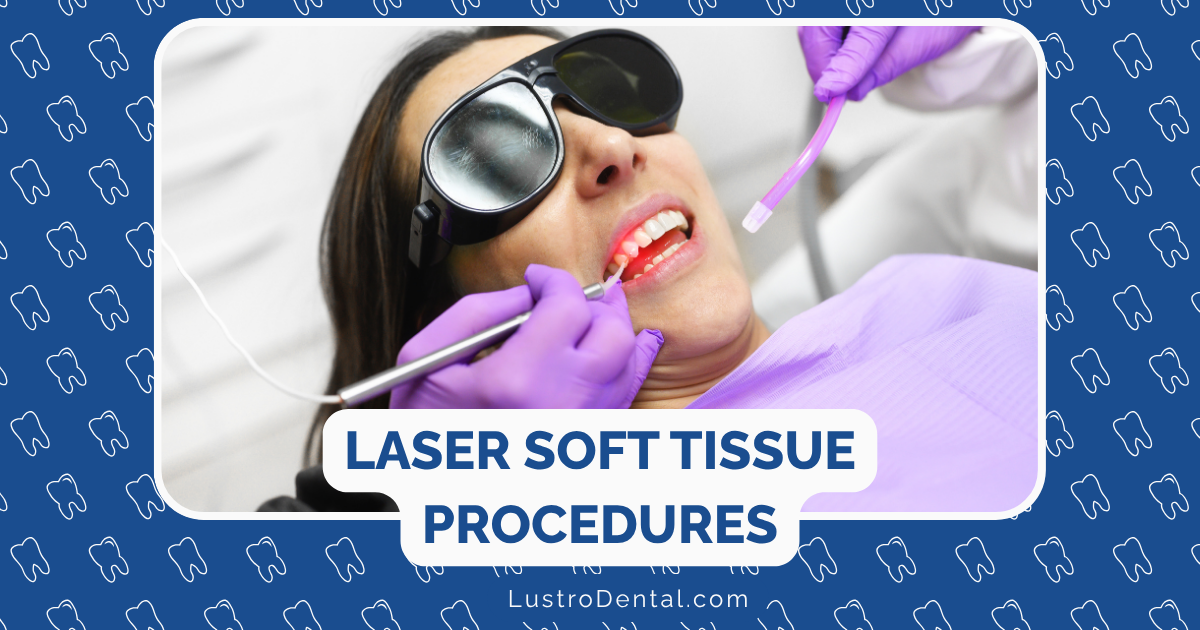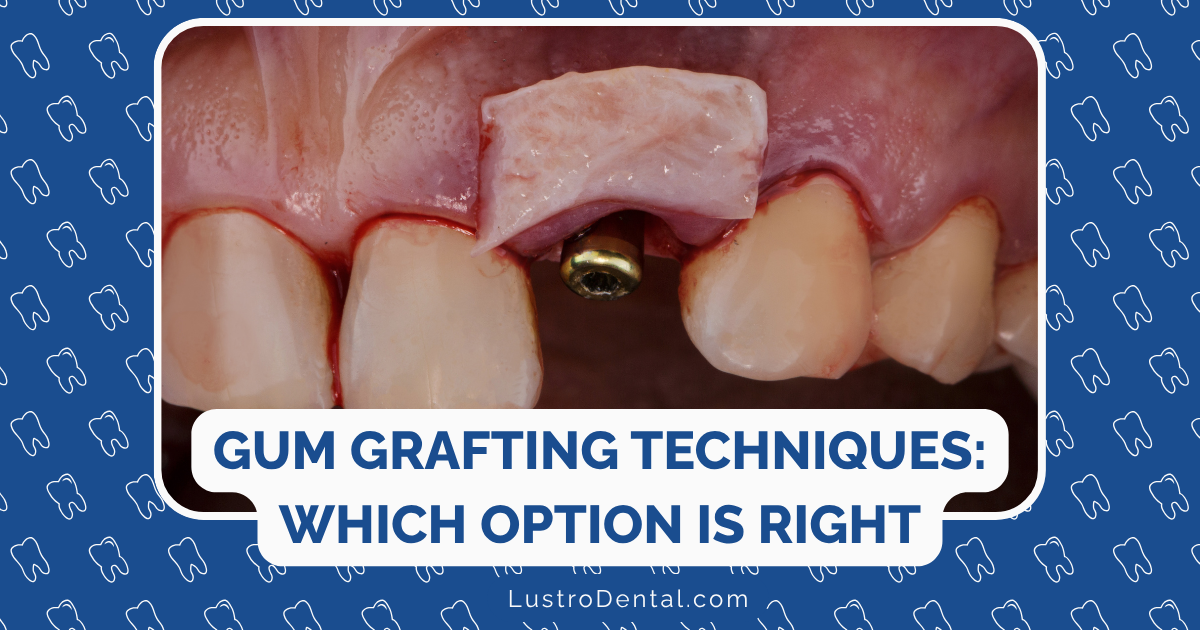The Best Age for Wisdom Teeth Removal: Why Timing Matters

When it comes to wisdom teeth removal, timing isn’t just a matter of convenience—it can significantly impact your surgical experience, recovery, and long-term oral health. As someone who’s guided many patients through this common dental milestone, I’ve seen firsthand how age can influence outcomes.
The question of “when” to remove wisdom teeth is one I hear frequently in my practice. While there’s no one-size-fits-all answer, research and clinical experience point to some clear patterns that can help you make an informed decision about the best time to address those third molars.
The Wisdom Teeth Timeline: When Do They Appear?
Before discussing removal, let’s understand when wisdom teeth typically make their appearance:
- Early development: Wisdom teeth begin forming in the jawbone during the early teenage years (12-14)
- Root development: Roots start forming in the mid-to-late teens
- Eruption period: Most wisdom teeth emerge between ages 17-25
- Complete development: Roots are typically fully formed by the mid-20s
This natural timeline provides important context for the optimal removal window. According to the American Association of Oral and Maxillofacial Surgeons, approximately 85% of wisdom teeth will eventually need to be removed.
The Golden Window: Ages 17-25
Research consistently shows that the ideal time for wisdom teeth extraction falls between ages 17-25, with many oral surgeons narrowing that window further to 18-24. But why is this period considered optimal?
1. Root Development Is Incomplete
During the late teens and early twenties, wisdom teeth roots are still forming. Dr. Michael Chen of Evergreen Oral Surgery explains: “When roots are shorter and not fully developed, extraction is significantly less complicated. Fully formed roots can curve around nerves or extend deep into the jawbone, making removal more challenging.”
X-rays taken during this period often show wisdom teeth with about 1/3 to 2/3 of their roots formed—the perfect stage for extraction.
2. Bone Density Is Lower
The jawbone of younger adults is generally less dense and more pliable than that of older adults. This makes the extraction process:
- Less traumatic to surrounding tissues
- Easier for the surgeon to perform
- Less likely to require extensive bone removal
A study published in the Journal of Oral and Maxillofacial Surgery found that bone density increases significantly after age 25, making extractions more complicated and potentially more traumatic.
3. Healing Capacity Is at Its Peak
Your body’s natural healing abilities are typically at their strongest during your late teens and early twenties. This translates to:
- Faster tissue regeneration
- Reduced swelling and bruising
- Shorter overall recovery time
- Lower risk of post-operative complications
According to research from Stahr Oral Surgery involving over 8,700 wisdom tooth extractions, patients under 21 experienced significantly faster recovery times than those over 21.
4. Fewer Existing Health Complications
Younger patients typically have:
- Fewer chronic health conditions
- Less likelihood of taking medications that might interfere with surgery or healing
- Stronger immune systems to prevent infection
The Statistical Case for Early Removal
The numbers make a compelling case for addressing wisdom teeth during the recommended window:
- Infection risk: Patients over 25 have a 2.7x greater risk of post-operative infection compared to younger patients
- Dry socket occurrence: 1.6x higher rate in patients over 25
- Nerve injury: 6.5x increased risk in patients over 25
- Overall complications: 46% higher likelihood in patients over 25 compared to those under 25
These statistics from clinical studies underscore why most dental professionals advocate for proactive removal during the late teens to early twenties, even when wisdom teeth aren’t currently causing problems.
What Happens When You Wait?
Many patients wonder, “What if I delay removal until I’m older?” Here’s what typically happens as you age:
Changes in Your 30s
- Root completion: Wisdom tooth roots become fully formed and often longer
- Bone density increases: The jawbone becomes significantly denser
- Recovery time extends: Healing typically takes 30-50% longer than in your 20s
- Complication risk rises: Higher chance of dry socket, infection, and nerve damage
Changes in Your 40s and Beyond
- Surgical complexity increases: Extractions often require more extensive procedures
- Recovery becomes more prolonged: Healing may take 1-2 weeks longer than in younger patients
- Systemic health factors: Other health conditions may complicate surgery and recovery
- Medication interactions: Higher likelihood of taking medications that affect surgical planning
Dr. Lisa Wong of Rock West Dental notes, “While we can safely remove wisdom teeth at any age, the procedure becomes more complex and recovery more challenging with each passing decade.”
Beyond Age: Other Factors That Influence Timing
While age is important, it’s not the only consideration when determining the right time for wisdom teeth removal:
Dental Development and Orthodontic Treatment
If you’ve had braces or other orthodontic treatment, your orthodontist might recommend wisdom teeth removal to prevent potential crowding after treatment is complete. This often leads to removal recommendations around age 16-17, sometimes before the teeth have fully erupted.
Impaction Status and Position
The angle and position of your wisdom teeth significantly impact the timing recommendation:
- Horizontal impaction (teeth growing sideways): Often recommended for earlier removal due to higher risk of damage to adjacent teeth
- Vertical impaction (growing straight but trapped in bone): May be monitored longer if no immediate problems arise
- Partial eruption: Often prioritized for prompt removal due to high infection risk
Travel and Life Circumstances
Practical considerations sometimes influence timing:
- College students: Many choose to have wisdom teeth removed during school breaks
- Military enlistment: Removal is often recommended before deployment
- International travel or relocation: Addressing wisdom teeth before moving to areas with limited dental care
Signs That It’s Time, Regardless of Age
While age provides general guidelines, certain symptoms indicate that wisdom teeth should be evaluated for removal regardless of how old you are:
- Persistent pain or discomfort in the back of the mouth
- Recurrent infections or inflammation around a wisdom tooth
- Damage to adjacent teeth
- Development of cysts or tumors
- Gum disease that can’t be controlled
- Extensive tooth decay that can’t be restored
The Procedure and Recovery Experience at Different Ages
Understanding what to expect based on your age can help you prepare appropriately:
Late Teens/Early 20s (17-25)
Typical procedure:
- Often simpler extraction techniques
- Usually 30-60 minutes for all four wisdom teeth
- Local anesthesia with sedation options
Recovery:
- Initial recovery: 3-5 days
- Return to normal activities: Usually by day 4-5
- Pain management: Typically controlled with over-the-counter medications after the first day
- Swelling: Peaks at 24-48 hours, then rapidly improves
Late 20s/Early 30s (26-35)
Typical procedure:
- May require more extensive surgical techniques
- Usually 45-75 minutes for all four wisdom teeth
- Often recommended deeper sedation options
Recovery:
- Initial recovery: 5-7 days
- Return to normal activities: Usually by day 5-7
- Pain management: May require prescription pain medication for 2-3 days
- Swelling: Peaks at 48-72 hours, gradually improves over a week
40+ Years
Typical procedure:
- Often requires more complex surgical approach
- May take 60-90 minutes for all four wisdom teeth
- Careful pre-operative planning and possibly medical clearance
Recovery:
- Initial recovery: 7-10 days
- Return to normal activities: Often 7-10 days
- Pain management: Typically requires longer use of prescription medications
- Swelling: May last 7-10 days with slower resolution
According to the Mayo Clinic, while the basic surgical procedure remains similar across age groups, the technical complexity and recovery experience can differ significantly.
Is It Ever Too Late?
Despite the advantages of early removal, it’s important to note that wisdom teeth can be safely removed at any age when necessary. Modern surgical techniques and anesthesia options have made the procedure safer for older adults than ever before.
Dr. James Miller of Texas Dental Surgery emphasizes, “While we prefer to remove wisdom teeth in younger patients, we routinely perform successful extractions on patients in their 40s, 50s, and beyond when problems arise. It’s never too late if extraction is needed for your health.”
Making Your Decision: Questions to Consider
If you’re weighing when to have your wisdom teeth removed, ask yourself:
- Am I currently in the optimal age range (17-25)?
- Are my wisdom teeth causing any symptoms or problems?
- What do my X-rays show about their position and development?
- Do I have any upcoming life changes that might make dental care difficult to access?
- What does my dentist or oral surgeon specifically recommend for my situation?
The Bottom Line
The evidence strongly supports wisdom teeth removal during the late teens to mid-twenties when possible. During this window, you’ll likely experience:
- A less complicated surgical procedure
- Reduced risk of complications
- Faster, more comfortable recovery
- Better long-term outcomes
However, each patient’s situation is unique. The best approach is to have a thorough evaluation with a dental professional who can assess your specific needs and help you determine the optimal timing for your wisdom teeth removal.
Have you had your wisdom teeth removed? What was your experience like, and how did your age affect the process? Share your story in the comments below to help others navigating this important dental decision.







